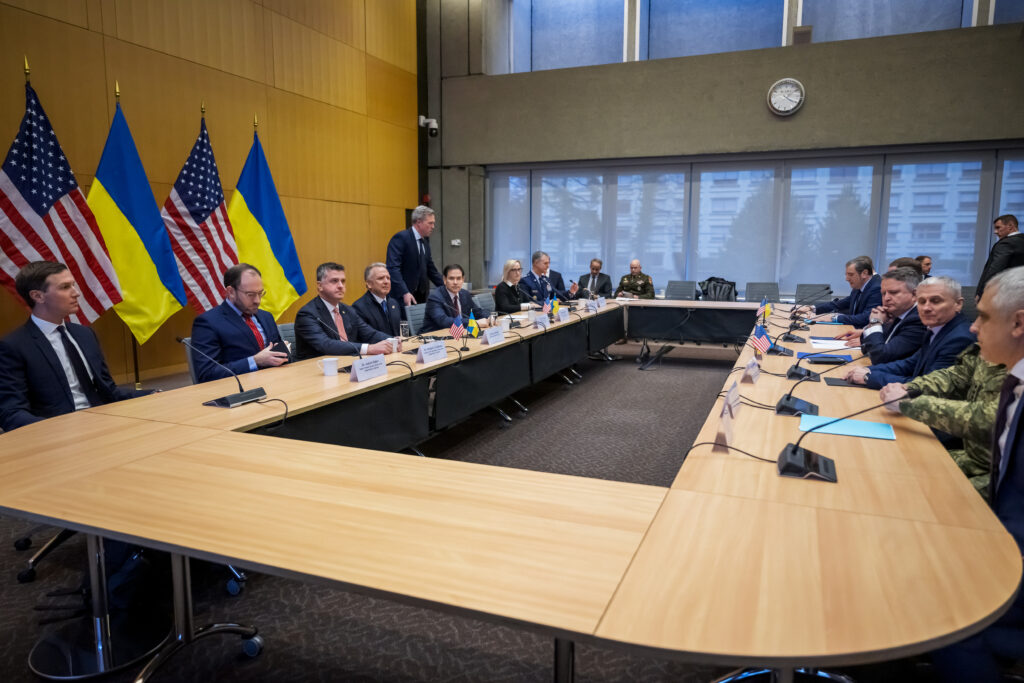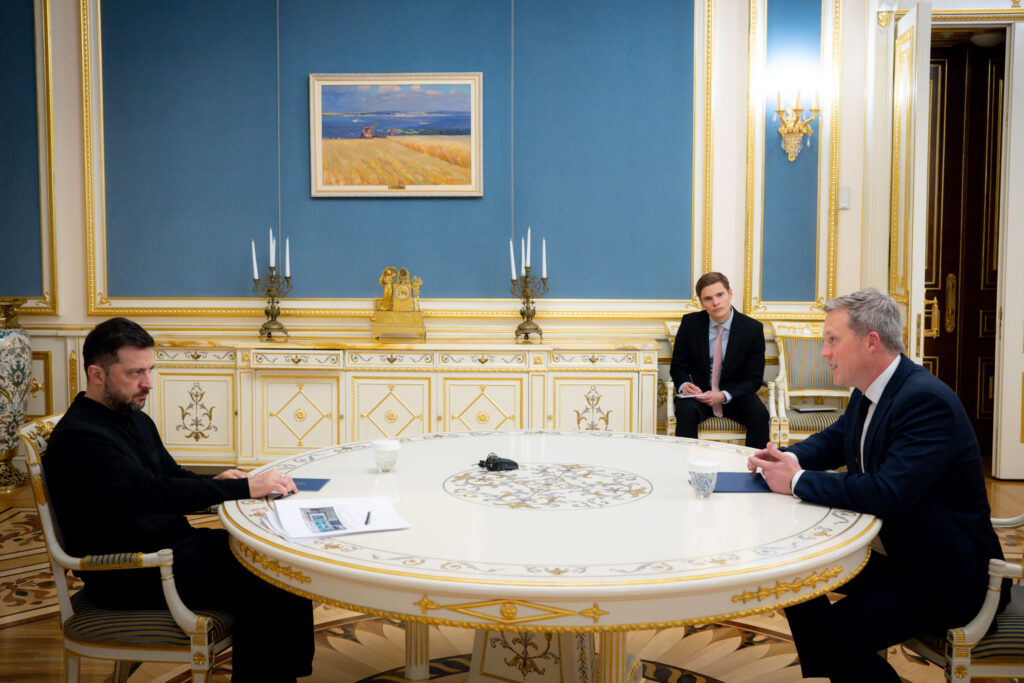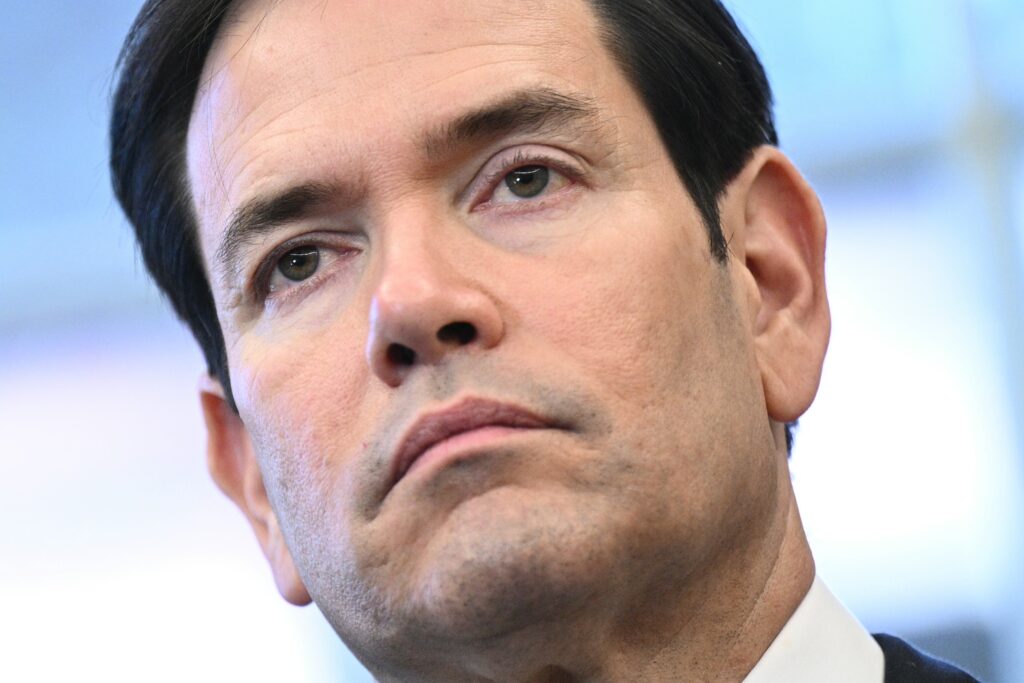‘Wicked’ sequel sees green in weekend-winning N. America debut
Universal’s musical sequel “Wicked: For Good” stole the box office spotlight in its North America debut this weekend, with a record-setting haul to the tune of $150 million, industry estimates showed Sunday.Variety said the film’s debut was the highest ever for a Broadway musical adaptation, while analyst David A. Gross of Franchise Entertainment Research called it a “sensational, record-breaking opening” for a fantasy adventure sequel.Tony Award-winner Cynthia Erivo and pop star Ariana Grande return as the magical land of Oz’s most notable witches — the green-skinned, outcast Elphaba and popular pink-wearing Glinda — to wrap up the story-line introduced in last year’s blockbuster part one.The “Wizard of Oz” retelling is based on the long-running Broadway musical, itself adapted from Gregory Maguire’s 1995 novel.Part two follows Glinda and Elphaba — now dubbed the Wicked Witch of the West — as they struggle against the nefarious mechanizations of The Wizard (Jeff Goldblum) and Madame Morrible (Michelle Yeoh).”This is broad-appeal Hollywood filmmaking at its best, a spectacular adventure story told from a female point of view,” said Gross.”Strong word-of-mouth is going to drive business through next week’s 5-day Thanksgiving holiday and into December,” he added.In second place at the US and Canadian box office, according to Exhibitor Relations, was Lionsgate’s “Now You See Me: Now You Don’t,” with $9.1 million.The third installment in the crime heist franchise dropped from the top spot a week prior, when it took in over $21 million.The film reunites Jesse Eisenberg, Isla Fisher, Dave Franco and Woody Harrelson as Robin Hood-style illusionists targeting dangerous criminals.With $6.3 million, third place went to 20th Century’s “Predator: Badlands,” the latest installment in the decades-old sci-fi horror franchise.Paramount’s “The Running Man” — a new take on Stephen King’s dystopian novel about a murderous game show — fell two spots since its debut last weekend to fourth place, with $5.8 million.Fifth place went to Searchlight’s “Rental Family,” starring Brendan Fraser as a struggling actor who takes on odd stand-in roles in Japan.Gross called the film’s $3.3 million haul a “soft opening for a fall drama,” but said it should get a lift from next week’s long holiday weekend, and that international revenue “should be solid,” given its setting and Fraser’s foreign appeal.Rounding out the top-10 were:”Sisu: Road to Revenge” ($2.6 million)”Regretting You” ($1.5 million)”Nuremberg” ($1.2 million)”Black Phone 2″ ($1.0 million)”Sarah’s Oil” ($770,000)




